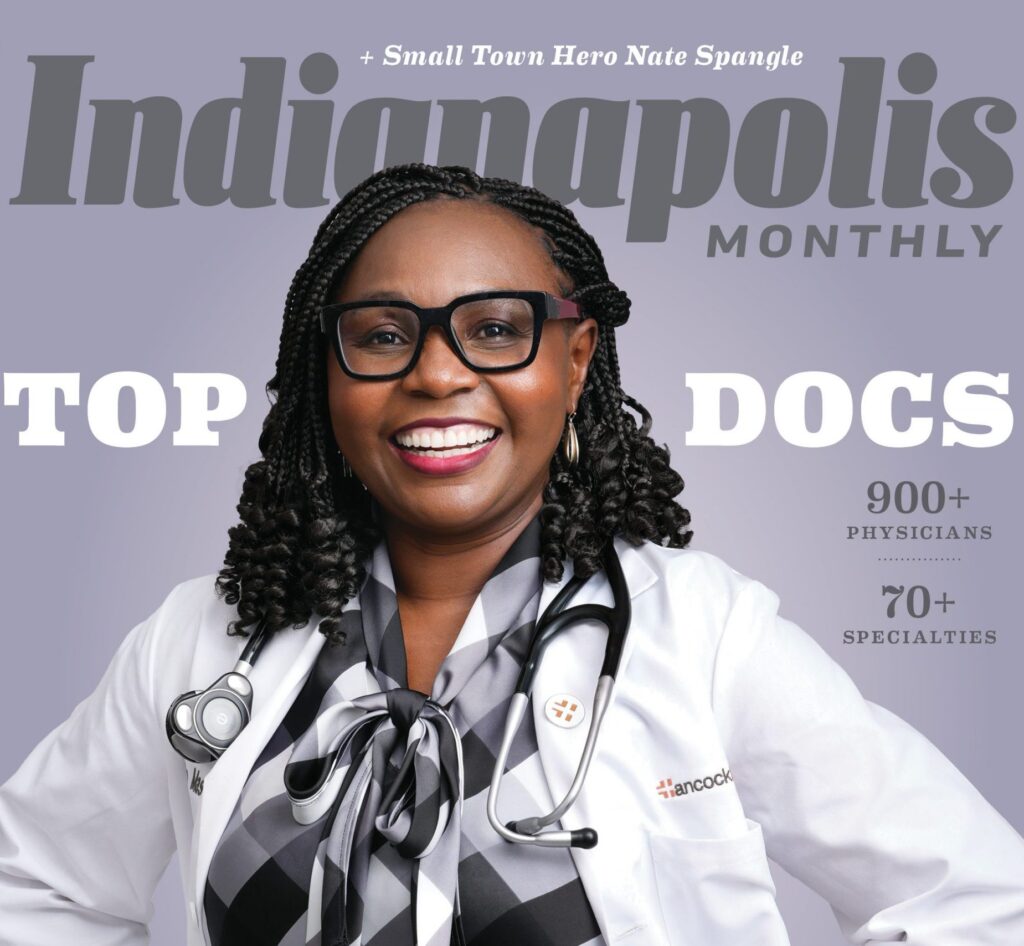
BEING A WOMAN of a certain age, I have firsthand experience with an array of menopause and perimenopause symptoms—hot flashes, insomnia, brain fog, weight gain, thinning hair, out-of-balance hormone levels, and more. My apologies if that’s TMI, but I think younger readers could benefit from getting an honest assessment of what’s in store for them later. The consensus among my middle-aged peers is that our mothers, teachers, mentors, and even our health professionals did not adequately prepare us for any of this, likely because women in previous generations were not always vocal about the more unpleasant aspects of the female life cycle. But it seems a shift in our culture is opening up the dialogue about this particular women’s health issue. More and more information about menopause is coming to light through books (many of which were written in the last five years), news and social media, and podcasts, making it easier to understand the physiological changes and navigate available care and treatment options. In our annual Top Doctors cover feature, we surveyed a handful of physicians in varying specialties to gain insights into how midlife hormonal changes can have far-reaching effects on women’s overall health. The responses contain a good bit of common sense advice (recommendations to eat right, stay active, and limit alcohol and tobacco use, for example), but some of the answers might surprise you.
Regardless of your age, gender, or health concerns, our yearly list of more than 900 peer-nominated physicians in Central Indiana is a valuable resource to help you find quality care in practice areas ranging from addiction medicine, to ophthalmology, to radiology, to vascular surgery.

